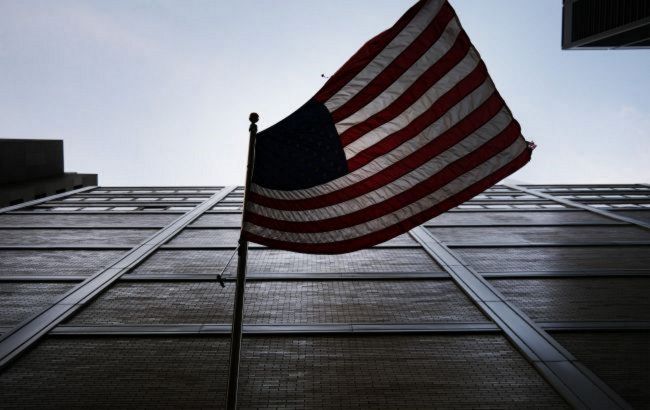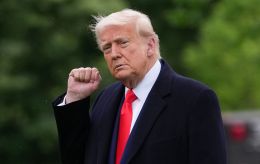White House imposes sanctions on companies from China
 The US has imposed sanctions on 37 companies from China (photo: Getty Images)
The US has imposed sanctions on 37 companies from China (photo: Getty Images)
The US government has placed 37 Chinese companies on its sanctions list, citing national security concerns, with 11 companies accused of ties to a spy balloon that flew over the US last year, according to Kyodo.
The companies, research institutes, and other organizations included in the list are prohibited from doing business with American firms, and they must obtain approval from the Department of Commerce before receiving goods and technology from them.
According to the agency, out of the 37 organizations, 22 companies were added to the list for their ties to China's efforts to advance quantum technologies, as well as for purchasing or seeking to purchase US-origin goods to enhance the country's quantum capabilities.
Additionally, some of them are also linked to China's nuclear program or have been involved in exporting controlled goods to Russia since its invasion of Ukraine began.
"Today's action is another decisive step in addressing challenges posed by the People's Republic of China and its military modernization," said Under Secretary of Commerce for Industry and Security Alan Estevez.
He said that the US must remain vigilant, blocking such organizations' access to American technologies that could be used to undermine their national security.
China has stated that it strongly opposes the latest move by the US and has warned that it will take necessary measures to safeguard legitimate rights and interests of Chinese companies.
US tries to restrain the development of China's military-industrial complex
The US has been pursuing a policy of restricting the flow of technology to China for several years. This is due to concerns that Beijing may be able to independently develop high-tech weapons.
Recently, Reuters reported that the administration of US President Joe Biden is preparing to restrict China's access to advanced models of artificial intelligence.
It was also reported that Biden is planning to announce new tariffs on goods from China next week. In particular, restrictions will apply to semiconductors, solar equipment, medical goods, and electric vehicles.

